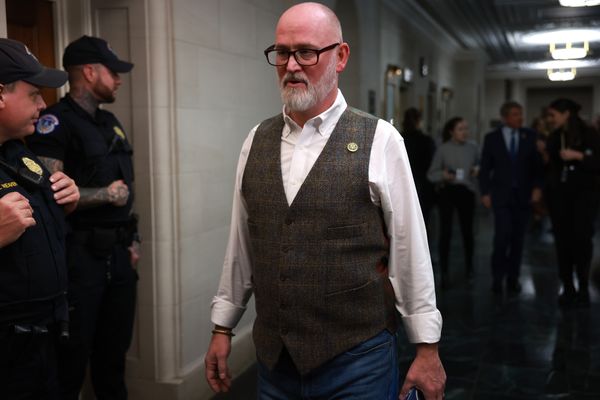
Keir Starmer is set to face increasing pressure at Labour’s conference over embracing electoral reform, with delegates expected to approve a motion calling for the party to replace first past the post with a proportional system.
At last year’s conference, about 80% of constituency party delegates voted in favour of embracing proportional representation (PR). The motion was defeated after 95% of votes from affiliates, almost entirely unions, opposed the move.
Since then, three of the biggest five unions linked to Labour have changed their stance. Unite and Unison, which between them comprise about half of union votes, both voted to embrace PR at their own policy conferences. The smaller CWU also backs the idea.
Sandy Martin, the former Ipswich MP who chairs the Labour Campaign for Electoral Reform, said it seemed likely that a motion on the issue would be debated at this year’s conference in Liverpool, which begins at the weekend, and if so would pass.
“So long as we have it debated and voted on, I’m fairly confident that we will win it,” he said.
Motions submitted by constituency Labour parties (CLPs) are firstly put through a categorisation system, with delegates deciding which six issues should be debated. A composite motion for each subject area is then decided on.
In 2021, efforts by Labour Campaign for Electoral Reform led to more than 150 CLPs submitting near-identical motions, making it the second-most popular issue raised.
Despite the desire to also debate issues such as the cost of living and the environment, Martin said, he was hopeful about 100 CLPs would seek a debate on electoral reform this time.
He said: “It makes it very, very unlikely that we won’t get a spot, but it’s not guaranteed.”
This year’s agreed motion is almost identical to that rejected last year – calling on Labour to commit in its next manifesto to getting rid of the first past the post system, and putting in place a mechanism for determining a PR system, initially only for the Commons.
Conference motions are not binding, and while Starmer has previously shown support for electoral reform, as Labour leader he has been more sceptical about the idea, and there is no immediate prospect of the party taking on the policy.
However, although Labour sources say Starmer’s team are “relaxed” about the likely victory for a pro-PR motion, it will ignite renewed calls for the party leadership to embrace the idea.
Some in Starmer’s circle, as well as sceptical Labour MPs, argue that to embrace PR amounts to defeatism, and that the party should be set on winning an absolute majority rather than seek coalitions under PR.
This was, Martin argued, to miss the point. “We are all in favour of an outright majority for the Labour party, and if that’s what the voters want, that’s what they will get,” he said. “However, if we can’t get that, then obviously we would far prefer to have a government which is led by Labour rather than one which is led by the Conservatives.”
During his campaign to replace Jeremy Corbyn as Labour leader, Starmer expressed scepticism about first past the post, saying the party and nation had “got to address the fact that millions of people vote in safe seats and they feel their vote doesn’t count”.
Martin said he believed Starmer still broadly supported a change to the voting system, but felt unable to act immediately: “I don’t think Keir is fundamentally opposed. However, he is, and quite understandably so, being very careful not to give any of the rightwing media an unnecessary excuse for attacking the Labour party.”







